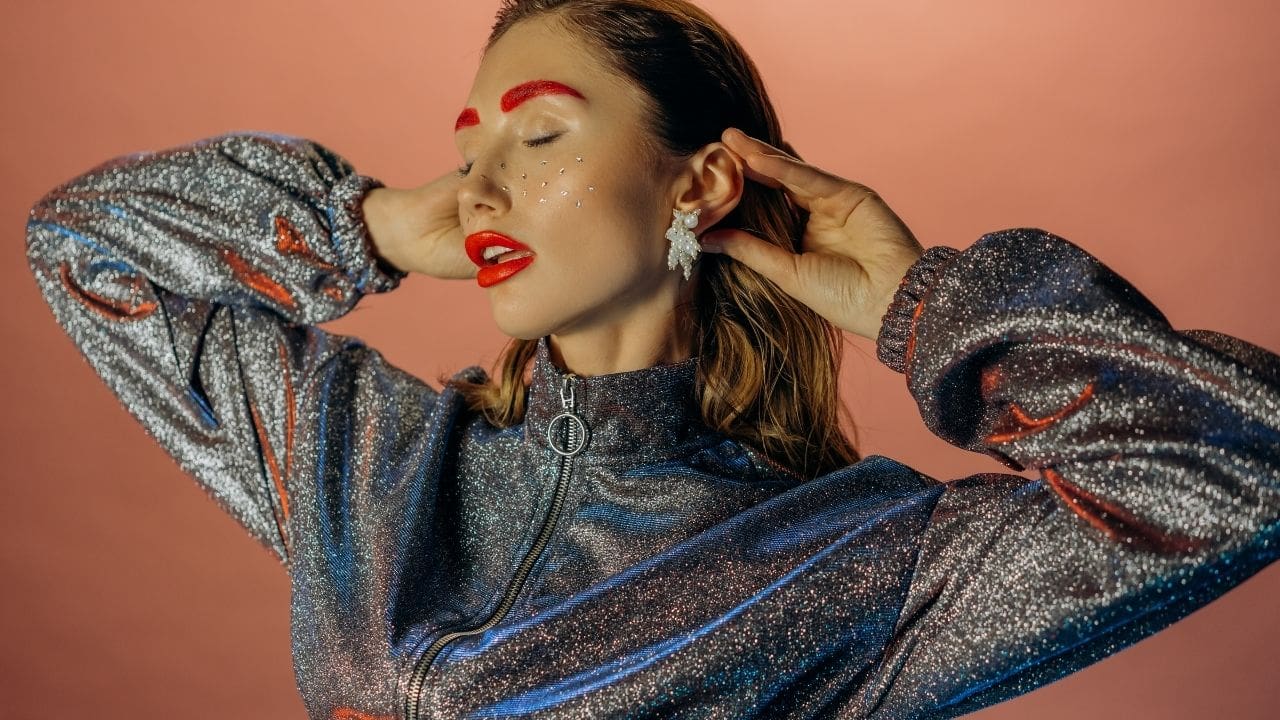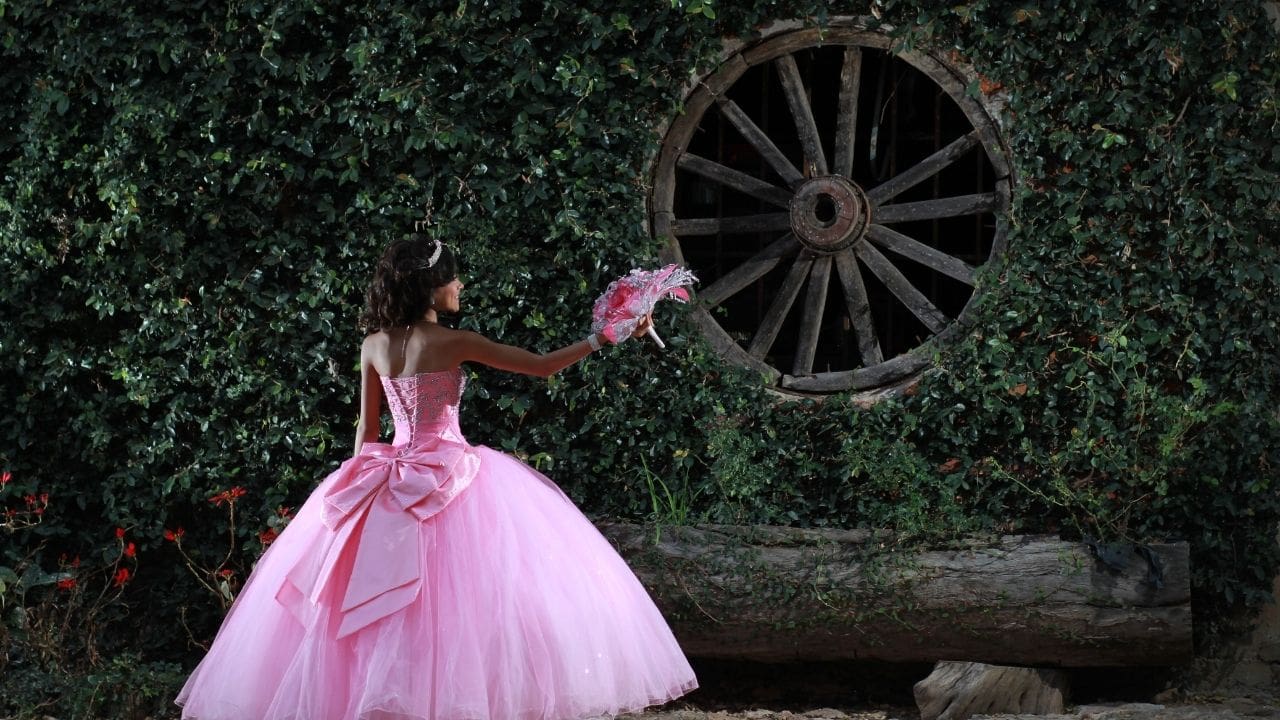Entertainment
How Do I License My Music as an Independent Artist?
Independent artists seeking to license their music must understand the various types of licenses, such as synchronization and mechanical. Quality tracks with

To license your music as an independent artist, start by understanding the different types of licenses, like synchronization and mechanical licenses. Each type serves a specific purpose, so knowing them is key. Make sure your music is polished and has clear metadata, such as your contact information. Compile a portfolio that highlights your best work and outlines licensing terms. Network with industry professionals through events and online platforms to find opportunities. Finally, keep organized records of submissions and registrations, and keep in mind that patience is essential, as the licensing process can take time. There’s a lot more to investigate about this topic.
Understanding Music Licensing
Maneuvering the world of music licensing can feel overwhelming, but understanding its basics is vital for independent artists.
First, you need to recognize that music licensing protects your rights and guarantees you get paid when your music is used. It’s not just about making great music; it’s about knowing how to safeguard it.
Start by familiarizing yourself with the key terms, like copyright and royalties. These concepts are important in protecting your work and earning potential.
Always keep track of where and how your music is used, as this can affect your income.
Types of Music Licenses
Understanding the different types of music licenses is key to effectively protecting your work and maximizing your income as an independent artist.

Each license serves a unique purpose, so it’s essential to know which ones you need.
- Synchronization License: This allows your music to be used in visual media, like films or commercials.
- Mechanical License: This is required when your music is reproduced, such as on CDs or streaming platforms.
- Public Performance License: This covers live performances and broadcasts, ensuring you get paid when your music is played publicly.
Preparing Your Music for Licensing
Preparing your music for licensing can feel overwhelming, but it doesn’t have to be. Start by making sure your tracks are polished and professionally mixed. High-quality sound is vital, as it reflects your artistry and makes a strong impression.
Next, create clear metadata for each song, including title, artist name, and contact info. This helps others find and attribute your work correctly.
Also, consider having instrumental versions or stems available. These can be more appealing for specific licensing needs.
It’s wise to compile a licensing portfolio that showcases your best work, along with your licensing terms.
Finding Licensing Opportunities
Finding licensing opportunities can be a game-changer for independent artists, and there are several effective strategies to investigate.
Start by networking with industry professionals, as personal connections can lead to valuable opportunities. Attend music conferences and workshops where you can meet people in the licensing field.

Additionally, consider joining online platforms that specialize in music licensing, allowing you to showcase your work to potential clients.
- Examine music libraries that accept independent submissions.
- Research local businesses or filmmakers who might need original music.
- Utilize social media to connect with content creators seeking licensed tracks.
Navigating the Licensing Process
Steering through the licensing process can feel intimidating, but with the right approach, you can streamline your efforts and maximize your chances of success. Start by gathering all necessary documents, like song registrations and any previous agreements. This will guarantee you’re prepared when opportunities arise.
Next, familiarize yourself with the different types of licenses, such as mechanical and synchronization licenses, so you know what applies to your music. Don’t hesitate to seek advice from industry professionals or join music groups for support.
Keep track of your submissions and responses; organization is key. Finally, remember to be patient. The licensing process can take time, but staying proactive and informed will help you navigate it safely and successfully.
Frequently Asked Questions
Can I License Music I’ve Sampled From Other Artists?
Imagine walking a tightrope; sampling music from other artists can be risky. You can’t license it without permission. Instead, seek proper clearance or create original content to guarantee you’re safe and legally protected.
How Do I Handle International Licensing for My Music?
When handling international licensing, you’ll need to research specific laws and agreements in each country. Partnering with a licensing agency can simplify the process, ensuring your music is protected and you receive fair compensation globally.
What Are the Costs Associated With Licensing My Music?
Licensing your music involves various costs, like fees for copyright registration, legal consultations, and potential royalties. It’s essential to budget wisely and guarantee you’re protected, so your creative work remains safe and profitable.

How Can I Protect My Music Rights During Licensing?
To protect your music rights during licensing, you’ll want to register your work, use contracts, and consider copyright. Don’t leave your hard work vulnerable; securing your rights guarantees you maintain control and earn what you deserve.
What Happens if My Music Is Used Without Permission?
If your music’s used without permission, you’ve got options. You can issue a cease-and-desist order or pursue legal action. It’s essential to document everything and consult an attorney to protect your rights effectively.

Hey there! I’m William Cooper, your go-to guy for all things travel at iMagazineDaily. I’m 39, living the dream in Oshkosh, WI, and I can’t get enough of exploring every corner of this amazing world. I’ve got this awesome gig where I blog about my travel escapades, and let me tell you, it’s never a dull moment! When I’m not busy typing away or editing some cool content, I’m out there in the city, living it up and tasting every crazy delicious thing I can find. Join me on this wild ride of adventures and stories, right here at iMagazineDaily. Trust me, it’s going to be a blast! 🌍✈️🍴






